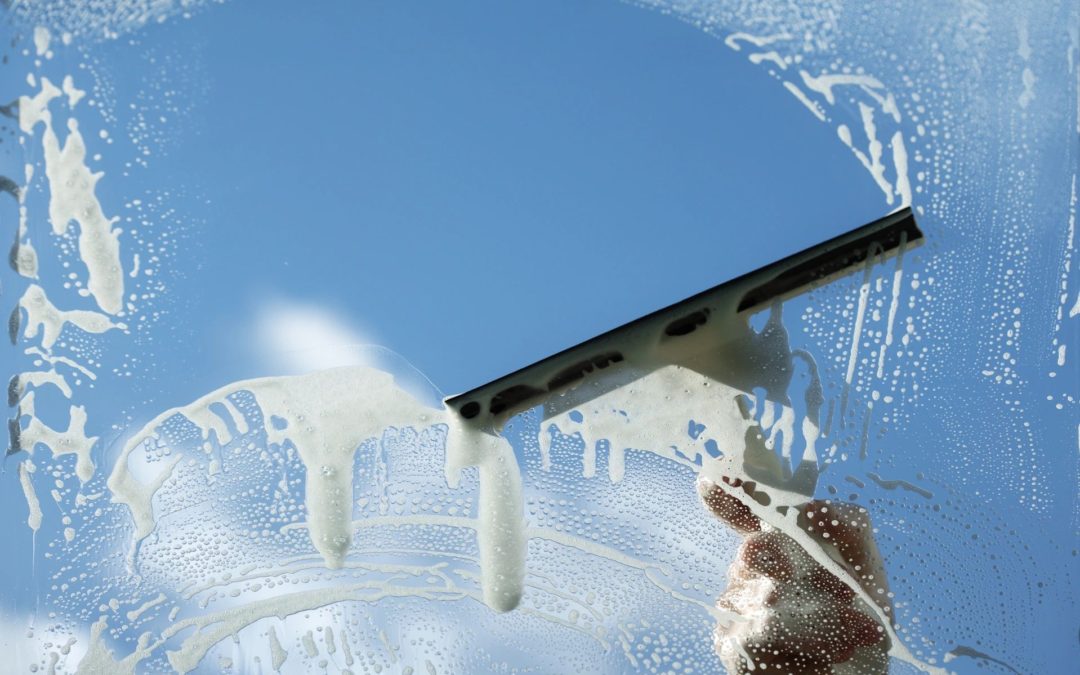
by Carl Kukkonen | Oct 5, 2018 | Prior Art Issues
By Phil Shelton and Carl Kukkonen On September 13, 2018, the U.S. Court of Appeals for the Federal Circuit affirmed a decision by the USPTO Patent Trial and Appeal Board (PTAB) that the claims in U.S. Patent 8,714,977 (the ‘977 patent) are unpatentable as being...

by David Maiorana | Sep 21, 2018 | Federal Circuit Appeal, Prior Art Issues, Uncategorized
By: Kaitlin Crowder and Dave Maiorana Any person or entity may file an IPR proceeding to invalidate a patent, regardless of whether it faces a specific threat of infringement. An adverse decision in an IPR proceeding is appealable only to the Federal Circuit. ...

by David Maiorana | Aug 9, 2018 | Federal Circuit Appeal, Prior Art Issues
By: David Anderson and Dave Maiorana On July 27, 2018, the Federal Circuit reversed the PTAB’s finding that Petitioner GoPro, Inc. failed to establish the public availability of an alleged prior art printed publication. GoPro, Inc. v. Contour IP Holding LLC, __ F....

by Doug Pearson | Jun 28, 2018 | Evidentiary Issues, Prior Art Issues
By: Doug Pearson With the universe of prior art available for IPRs being limited to patents and printed publications (35 U.S.C. § 311(b)), questions regarding the applicability of printed material that might be considered less mainstream prior art are sure to arise. ...

by Emily Tait | May 28, 2018 | Federal Circuit Appeal, Prior Art Issues
By: Emily Tait The Federal Circuit’s recent decision in Apator Miitors ApS v. Kamstrump A/S, No. 2017-1681 (Fed. Cir. Apr. 17, 2018) (Moore, joined by Linn and Chen) serves as another reminder to sufficiently corroborate inventor testimony when attempting to swear...

by Tim Heverin | Apr 20, 2018 | Prior Art Issues
By: Tom Ritchie and Tim Heverin A recent PTAB decision underscores the importance of establishing the level of ordinary skill for a successful obviousness challenge. Cisco Sys., Inc. v. Uniloc USA, Inc., IPR2017-00058, Paper 17 (PTAB Apr. 6, 2018). It is well...







